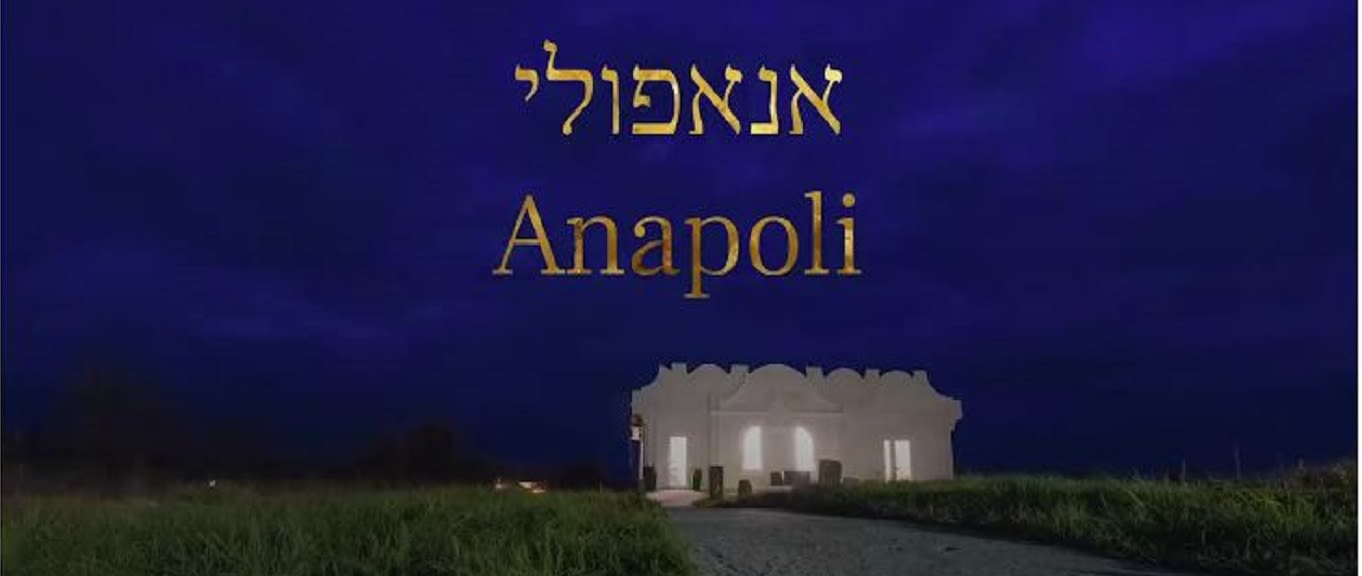
Anapoli
In the Anapoli cemetery rest the Maggid of Mezritch and Reb Zusha. "Ribbono Shel Olam, I want to be part of the fire that my friends inside are tuning into.”

Dearest Friends,
Approximately seven years ago, we began our soulful trips to the Ukraine. These trips have a dynamic of their own, which is hard to put into words. The hours on the bus together forge intense bonding and even though we barely sleep, we somehow have more energy than usual.
The one thing that was most challenging for me personally when we first started these trips is the fact that I am a Kohen. Other than in Uman with the special way they have the ohel set up, I can’t really get close to any of the kivrei tzaddikim (burial places of the tzaddikim) we visit. After a few years of these pilgrimages, however, I began seeing the upside of being a kohen on our journeys. After hours of being on the bus together, I began to truly appreciate the times when everyone would get off to go into the resting place of the tzaddik we were visiting and I would have to bus to myself. This alone time was very much needed and so it became very precious and very special.
But there was one spot where it really hurt.
The first time we visited Anapoli wasn’t simple. In the ancient cemetery in Anapoli rest the Maggid of Mezritch and the Rebbe Reb Zusha. When the bus dropped us off it was pitch black (although only around 5pm), freezing, muddy, and raining. It took us quite some time to locate the ohel (building) of these two tzaddikim. Once we found it, though, and all of the chevre had gone in, I was left outside alone in the cold rain with a guitar strapped to my back. I could hear the singing and dancing inside getting more and more intense. Jealousy and guilt began to take hold of me- jealousy for wanting to be inside and Kohanic guilt for wanting such a thing.
“I’m sure it’s all good, and it’s all worth it, but Ribbono Shel Olam, I want to be part of the fire that my friends inside are tuning into.”
I decided to grab the guitar and to pour out my heart.
As the niggun came down, it seemed like we all knew it. One by one, the chevre came to where I was standing. We must have sung and danced to this niggun for another forty-five minutes.
I have tried putting a number of different pesukim to this niggun…but it remains beyond words.
B’ahava Rabba
Shlomo


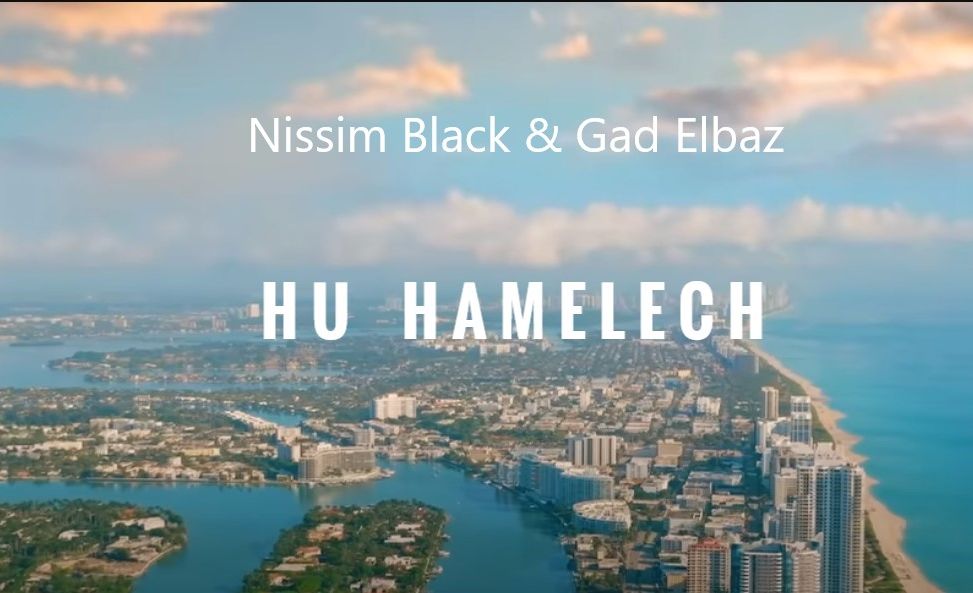
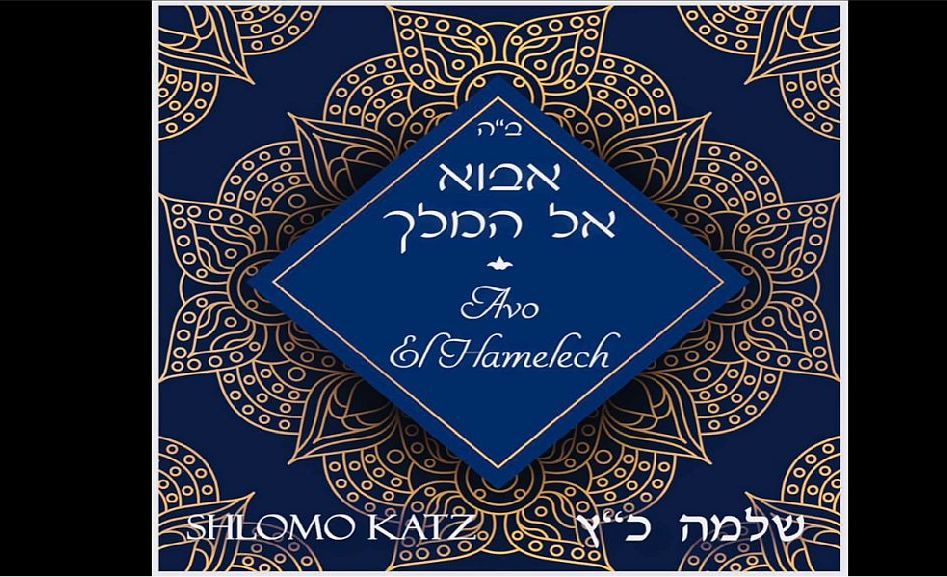
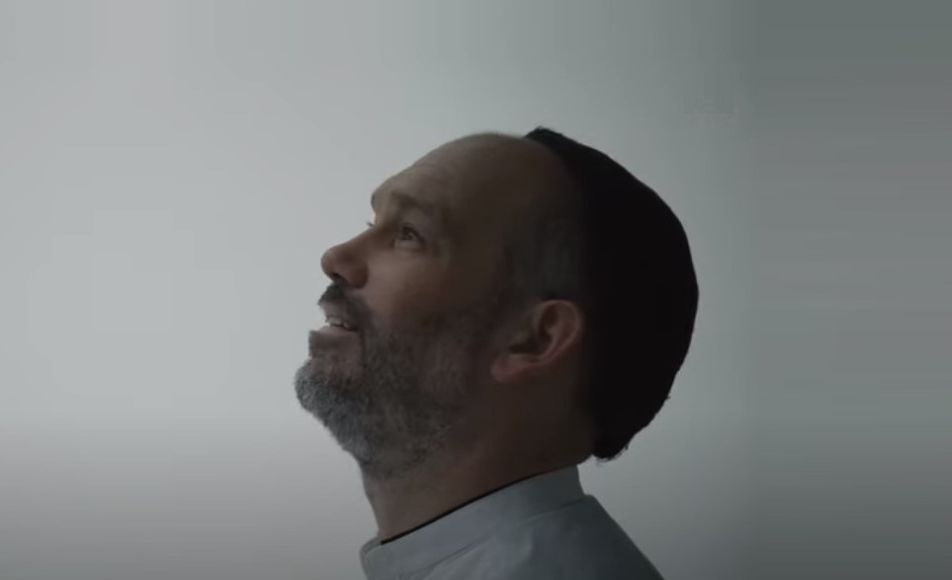
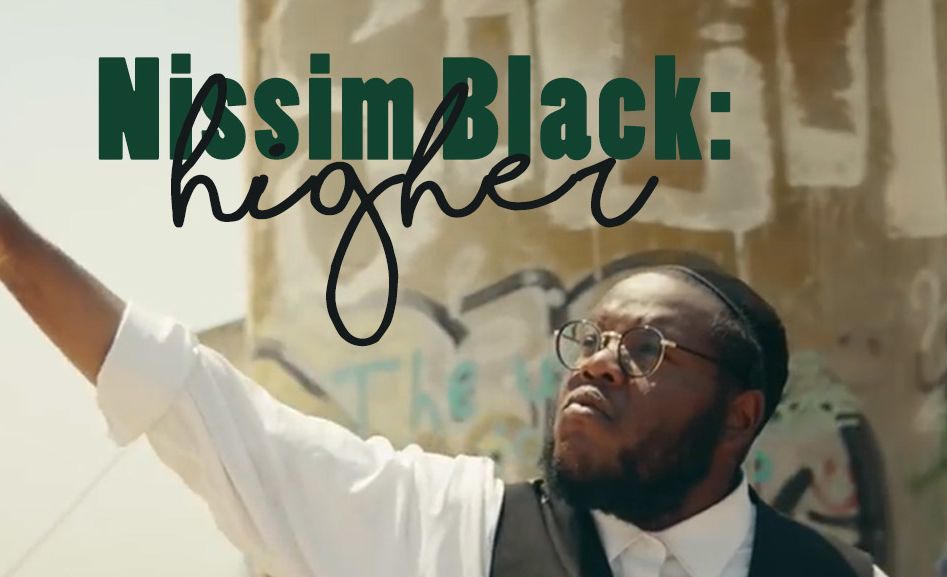
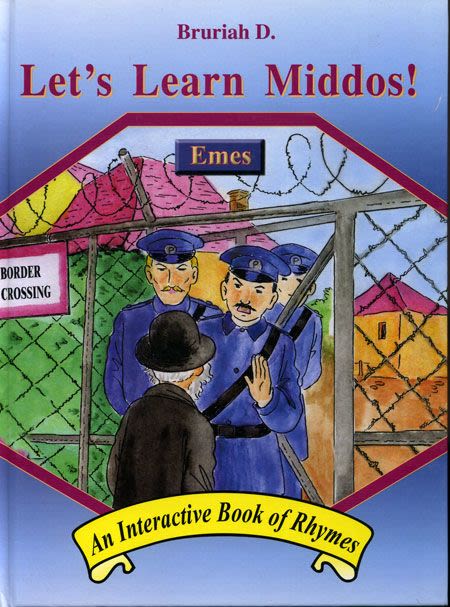
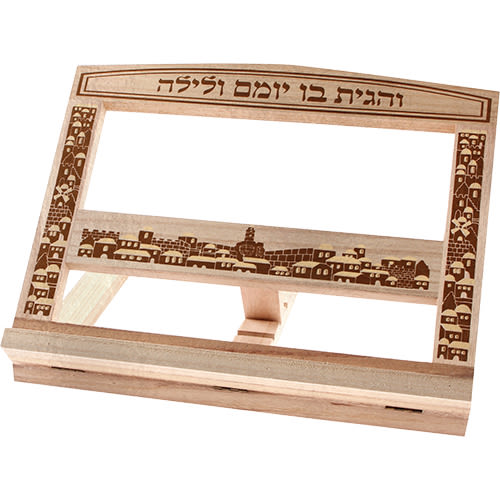
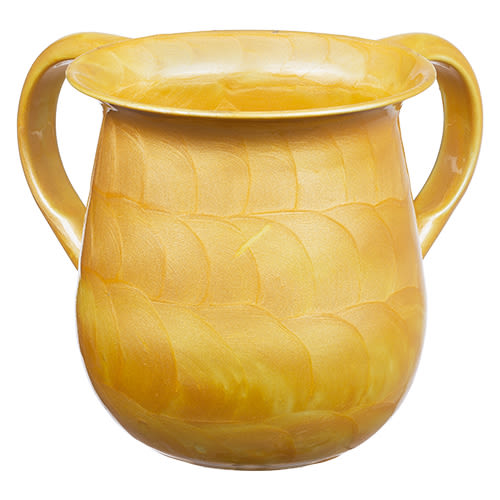
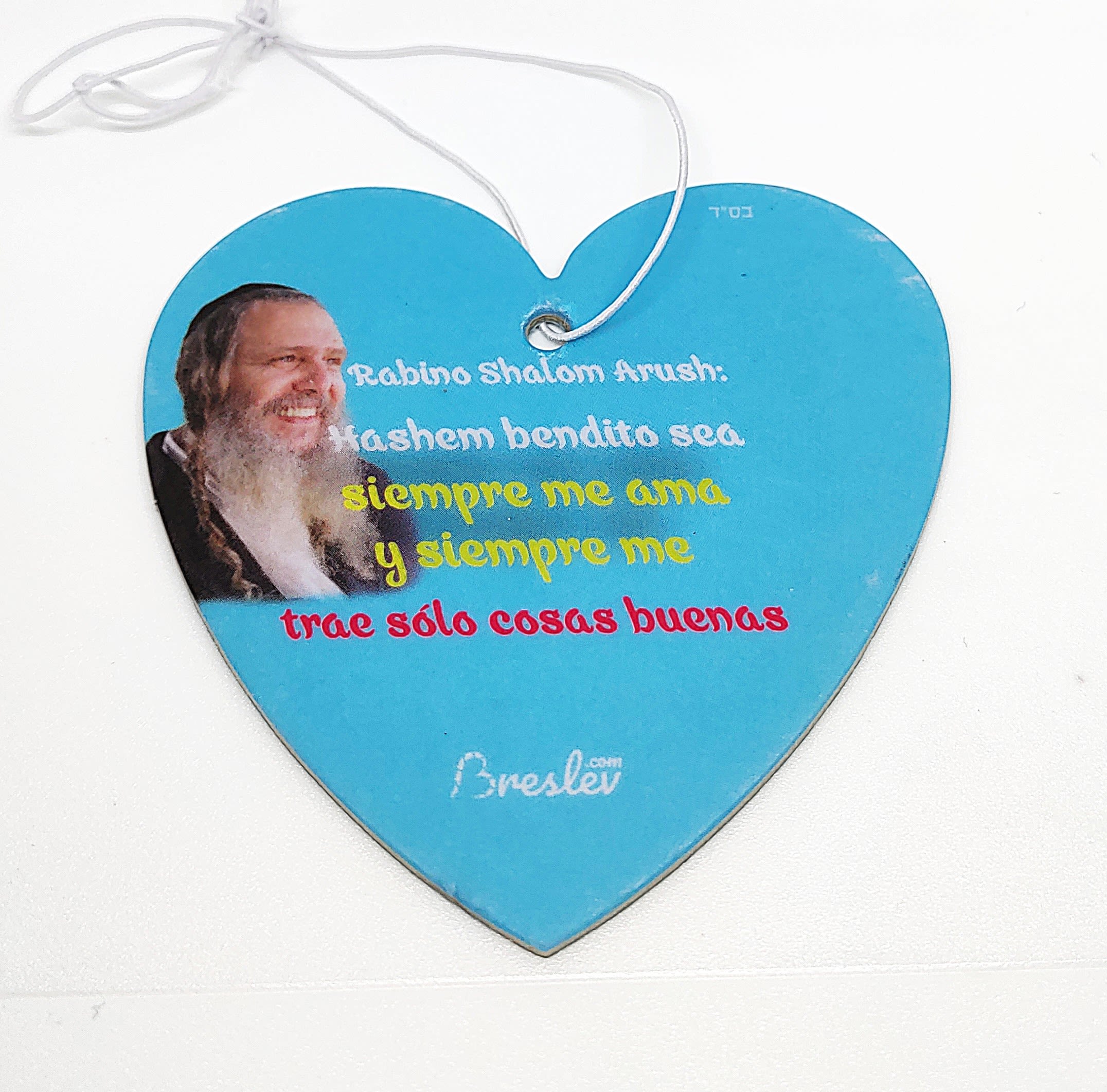
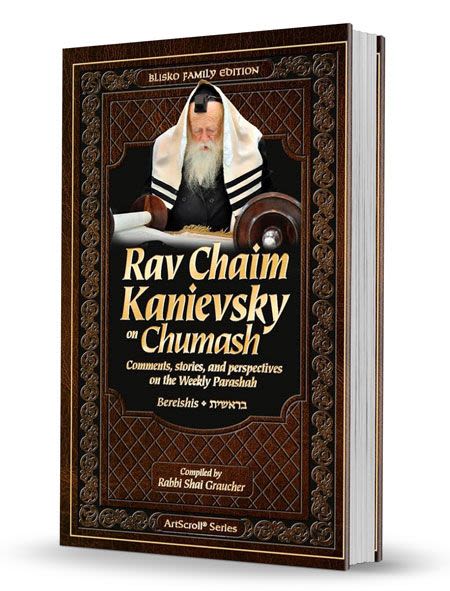

Tell us what you think!
Thank you for your comment!
It will be published after approval by the Editor.